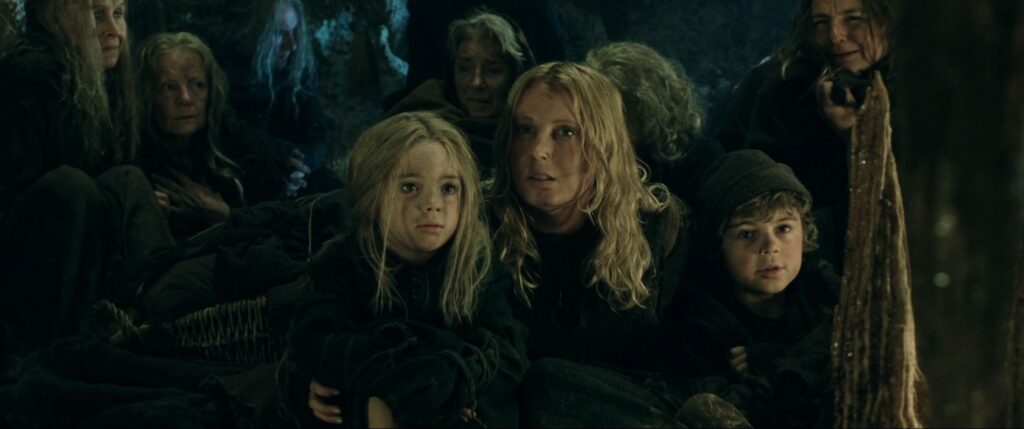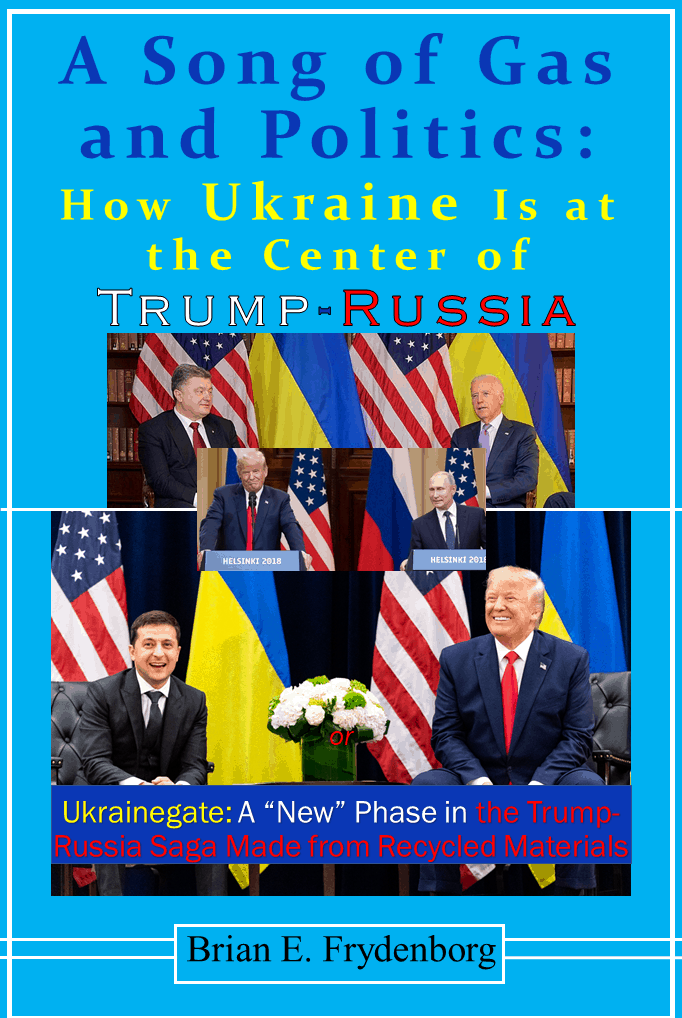From Jenin to Jerusalem, from Kibbutz Be’eri to Al-Shifa Hospital, how Tolkien’s tale evokes the horrors of war but also our common humanity
By Brian E. Frydenborg (Twitter @bfry1981, LinkedIn, Facebook, Substack with exclusive informal content, my Linktree with all my public links/profiles) November 14, 2023
(Arabic الترجمة العربية / Hebrew תרגום לעברית) The second article in a series of special reports about the 2023 Israel-Hamas-Middle East Crisis; because of YOU, Real Context News surpassed one million content views on January 1, 2023, but I still need your help, please keep sharing my work and consider also donating! Real Context News produces commissioned content for clients upon request at its discretion. Also, Brian is running for U.S. Senate for Maryland and you can learn about his campaign here.
WARNING: Major spoilers for The Lord of the Rings films and books, including The Hobbit

SILVER SPRING—One of the only things that unites Israelis and Palestinians, I was surprised to learn on the ground in my more than five years living and working in the Middle East, was a shared love and passion for the universe of J. R. R. Tolkien’s The Lord of the Rings. I found Israelis and Palestinians making references, and several of my Palestinian-Jordanian friends, as they drove me to go see one of the new Hobbit films, even already knew by heart the Dwarves’ song from the first Hobbit film about reclaiming their lost homeland of Erebor, from which they had to flee amid fiery death and destruction from above from the dragon Smaug and had since lived in diaspora exile as refugees: I didn’t think about the thematic overlap at the time, but the resonance for any Palestinian is clear. One of my Jordanian friends, feeling a lot of sympathy from the Palestinian cause but also (increasingly rarely from that side and vice versa) sympathy for Israelis suffering, just sent me the clip from the end of The Two Towers, when Frodo is despairing and Sam tells him, after being asked “What are we holding onto, Sam?”: “That there’s some good in this world, Mr. Frodo, and it’s worth fighting for.”
An Israeli I know and met through someone who hosted me in Israel before was just called up as a reservist and is deployed. He has since posted the same scene in a meme with Hebrew captions. He has posted other Lord of the Rings memes and videos throughout, including seeing his brothers in uniform as the heroes and even portraying his own extremis Prime Minister Benjamin Netanyahu, whom most Israelis by far blame for failing Israel in this situation and want his resignation, as well as his extremist allied ministers, opposing figures from the films; and I have seen other Israelis posting Lord of the Rings-themed content, too.
Perhaps one of the most human things Tolkien accomplished is that such a wide global array of diverse peoples are able to channel his literature and the films based on them as a way to cope with and express their own pain, how when they are deeply down and dark and despairing, how they are also able to find hope in Tolkien.
It’s deeply inspiring because of the common humanity it proves we can all share, even on the opposite sides of brutal wars. Tolkien even has a beautiful passage of empathy for soldiers on the other side of a conflict:
…Then suddenly straight over the rim of their sheltering bank, a man fell, crashing through the slender trees, nearly on top of them. He came to rest in the fern a few feet away, face downward, green arrow-feathers sticking from his neck below a golden collar. His scarlet robes were tattered, his corslet of overlapping brazen plates was rent and hewn, his black plaits of hair braided with gold were drenched with blood. His brown hand still clutched the hilt of a broken sword.
It was Sam’s first view of a battle of Men against Men, and he did not like it much. He was glad that he could not see the dead face. He wondered what the man’s name was and where he came from; and if he was really evil of heart, or what lies or threats had led him on the long march from his home; and if he would not really rather have stayed there in peace…
(in the movies, Faramir gets this speech)
I was rewatching the film trilogy recently precisely because I am currently profoundly depressed about so many things right now, from the Middle East to Ukraine to issues in my own life, and Peter Jackson’s masterful Lord of the Rings trilogy is one of the only things in the whole wide world that can consistently cheer me up. And there were repeated scenes that made me viscerally identify with the experiences and suffering of both Palestinians and Israelis.
Gondor lives always in the shadow of Mordor, always suffering from raids from Sauron’s Orcs. They never feel a full sense of security in some parts of the realm, and it made me think of how Israelis have for years put up with terrorist attacks from Palestinians and how Palestinians in the West Bank have for years put up with terrorism from Israeli settlers. I see the women and children in the Glittering Caves behind Helm’s Deep cowering in fear as the Saruman’s Uruk-hai terrify them from the outside with their thunderous assault and inhuman cries, as well as the women and children of Minas Tirith cowering under bombardment from Mordor Orcs or how Rohan civilians had to flee the initial onslaught from Saruman and I think of Israeli civilians and Palestinian civilians in their homes under bombardment from rockets or missiles or bombs as terrorists or hostile forces invade their homes and even kill. I think of all the loss felt by the Men, Elves, and Dwarves and how they “never forgave and never forgot” and both Israelis and Palestinians have suffered so much loss, even if not equally in quantity. Theoden, trapped and looking as if he and his people will face their end from the onslaught of Saruman’s Uruk-hai army, exclaims in horror: “So much death. What can men do against such reckless hate?” How often has that been thought by Palestinians and Israelis in the recent weeks, days, and even hours?
So many times I have felt something akin to the depths of Theoden’s despair in recent years, in recent weeks. And overall, I could not help but think of so much of the suffering in Israel and Palestine while I was watching these films this time. I was still inspired and moved to tears as I always am when watching these films, but the experience was colored by a strong connection the current horrors in our real world and left me deeply saddened that such scenes still exist in reality as opposed to fiction. And many other peoples around the world from Sudan to Ukraine are also experiencing similar monstrosities.
Amidst all this horror, there is something beautiful in that with both Israelis and Palestinians, many of them both love and cherish Tolkien and see both their suffering and inspiration in his work. But what is also undeniable and heartbreaking is that many of each see themselves as the outnumbered forces of good fighting the hordes of evil and see the other as the Orcs, trolls, and Ringwraiths of Sauron. Still, even this shows their common humanity amidst all the darkness.
See all of Brian’s work on the Israeli-Palestinian conflict here.
© 2023 Brian E. Frydenborg all rights reserved, permission required for republication, attributed quotations welcome
Also see Brian’s eBook, A Song of Gas and Politics: How Ukraine Is at the Center of Trump-Russia, or, Ukrainegate: A “New” Phase in the Trump-Russia Saga Made from Recycled Materials, available for Amazon Kindle and Barnes & Noble Nook (preview here).

If you appreciate Brian’s unique content, you can support him and his work by donating here; because of YOU, Real Context News surpassed one million content views on January 1, 2023. Real Context News produces commissioned content for clients upon request at its discretion.
Feel free to share and repost this article on LinkedIn, Facebook, Threads, and Twitter. If you think your site or another would be a good place for this or would like to have Brian generate content for you, your site, or your organization, please do not hesitate to reach out to him!